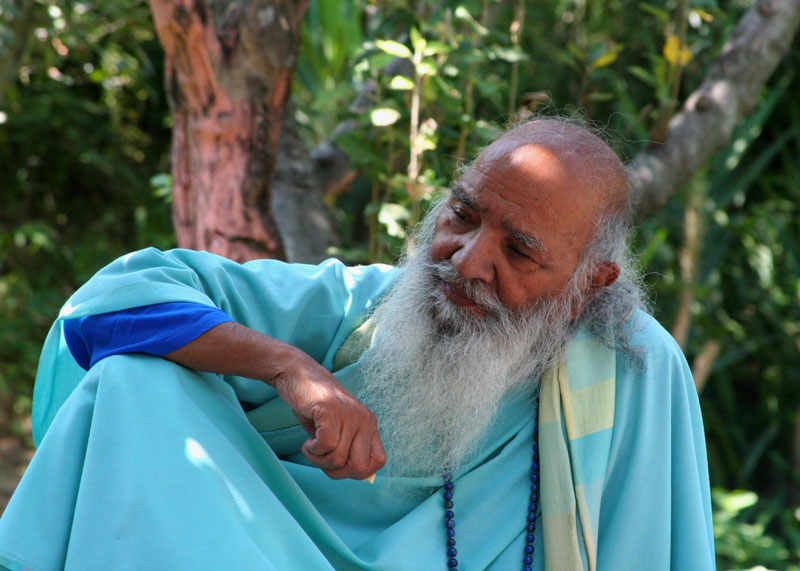If I say to meditate, you will not do it. [Laughter] That means you are able to appreciate the Lord of sound. The flute creates sound, and you begin to love the flute. But you do not like the flute to keep sitting somewhere; rather it should be on the lips of the one who can make it sound. Who is playing on our flute, with lips? The very one who loves the lips. Who is the one who loves the lips? Not a dead man. Life! So you like life. That is why we are on earth as lively human beings—as lively children, lively birdies, lively cubs, lively kittens, lively pups, lively kids, lively colts, lively calves. Why is it that they have not yet seen anything, yet you love them the most? What is that which you love? Life. So you want to hear about life. How much it is necessary for a human being to come to know that sound and the sound-maker exist. The sound-maker and sound are not heard in a stone or a rock, although they are solid. And the sound and sound-maker are not intelligent, in the way that birds, animals, and, above all, human beings are.
Do Not Sleep Over It!

